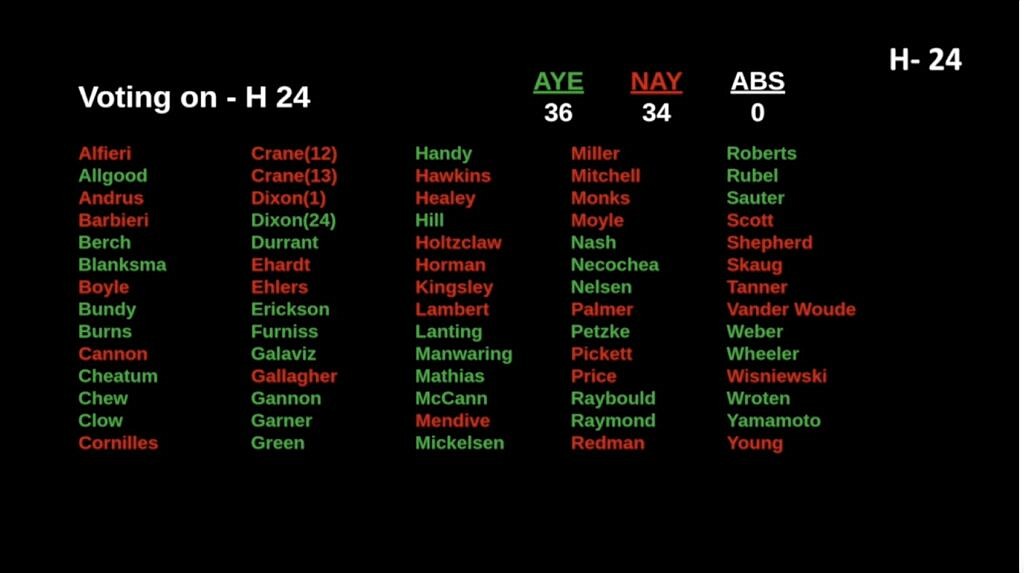Little's Idaho Launch initiative narrowly passes House
Following the longest floor debate of the year on Monday, a divided Idaho House of Representatives narrowly passed a bill that would provide $8,500 workforce training grants to Idaho high school graduates to put toward career training.
Legislators spent more than two hours debating House Bill 24 straight through their lunch hour before voting 36-34 to pass the bill...
Become a Subscriber!
You have read all of your free articles this month. Select a plan below to start your subscription today.
Already a subscriber? Login



